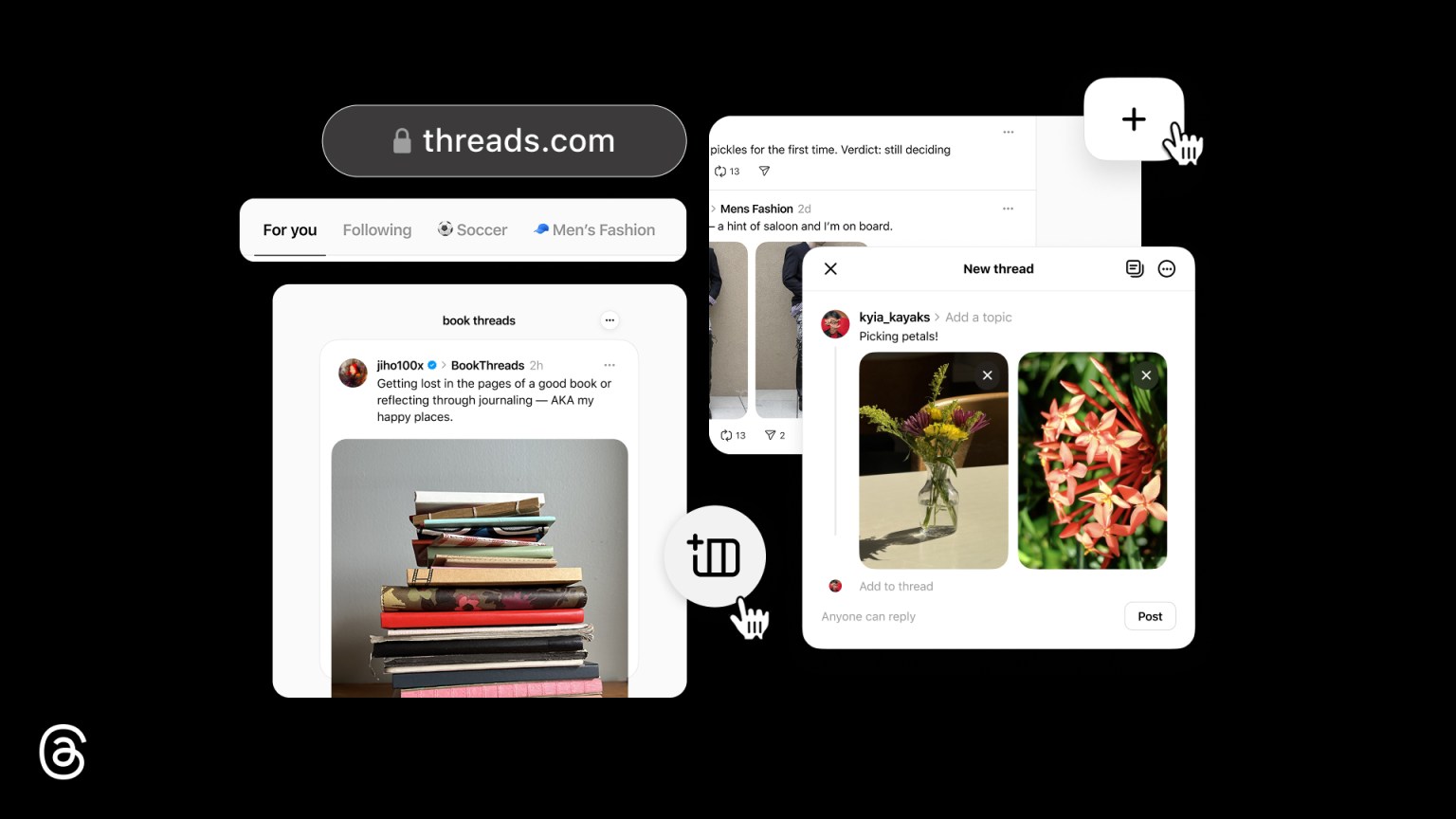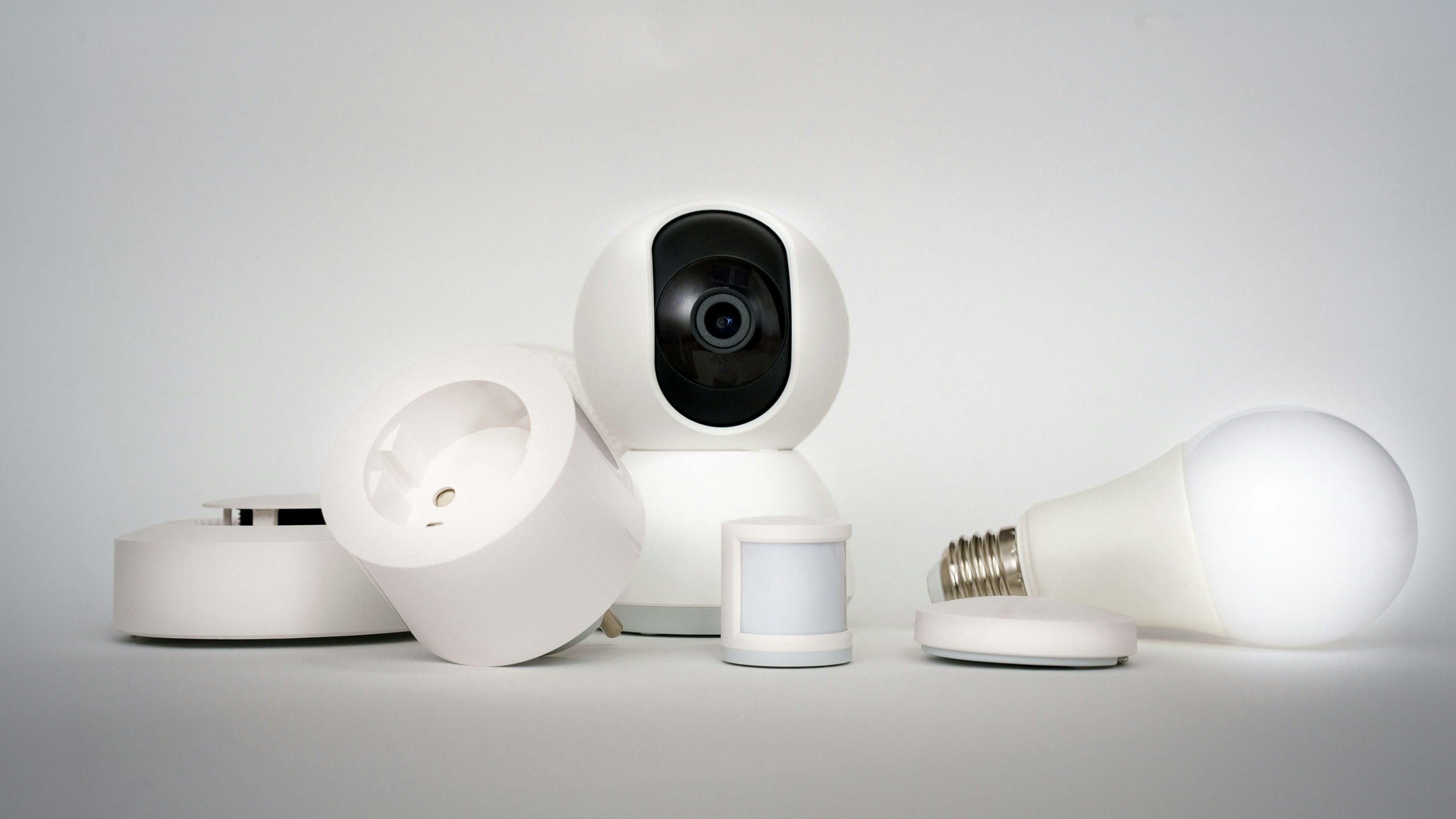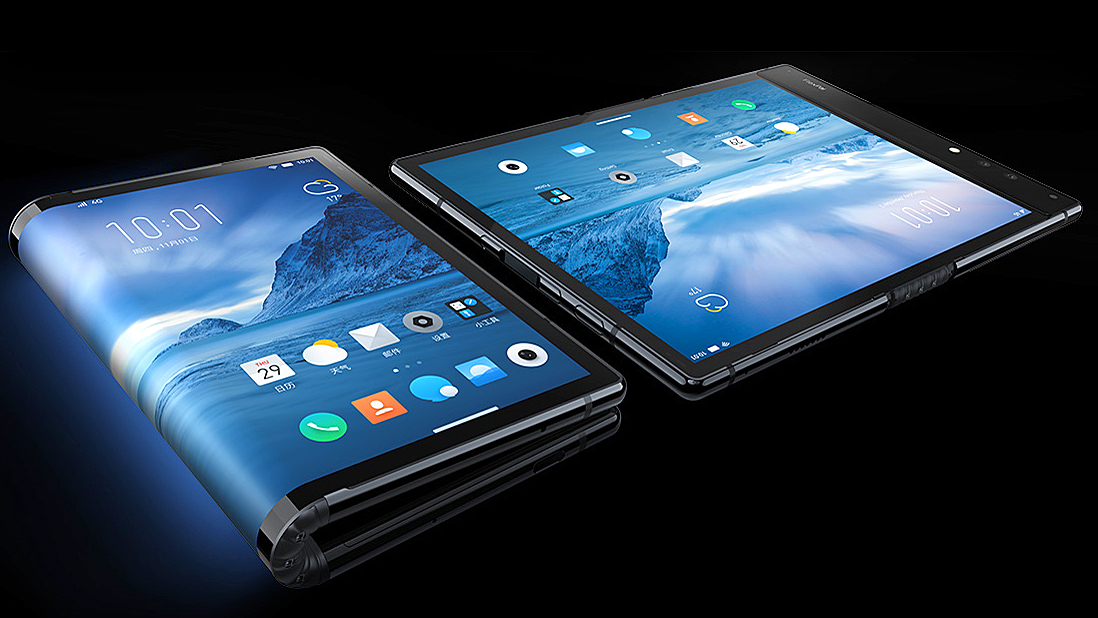

Quick Summary
Royole, the first company to launch a folding phone, has gone bust.
The folding phone market remains a challenging place for smartphone manufacturers.
The tech world is a fickle place. Royole – the first company to launch a folding phone – has been declared bankrupt. It was first to market with the Royole FlexPai in 2018, beating the likes of Samsung and Huawei.
The Royole FlexPai had a 7.8-inch flexible display that ran around the exterior of the device, very much like the Huawei Mate X that followed the year after. While Samsung (and most brands since) opted for a display on the interior, the FlexPai attracted no shortage of attention.
It wasn’t all good, however, as is often the case with startup brands trying to break new ground with disrupter devices. The Verge described it as “charmingly awful”, but there were subsequent devices that, frankly, no one really paid any attention to because by that point Samsung was on the scene with a better solution and better folding phones followed.
But, someone had to be first, and Royale attempted a lot of firsts during its brief stint in the world of tech, some of which are now commonplace and mainstream. Sadly, for all its ideas, Royale was not the company to make those things stick.
According to IT Home (via Android Authority), the company was declared bankrupt by the Shenzhen Intermediate People’s Court, with the court saying that Royale couldn’t repay its debts.
The folding phone space is a tricky place
The folding phone category of phones is proving difficult. Samsung enjoys the 50% of the market, according to data from Statista, while Huawei has about 30% thanks to sales in China.
There are plenty of other players – Google, OnePlus, Motorola, Xiaomi, Oppo, Vivo, Honor – but Samsung’s dominance reflects the popularity of the brand in regular phones too.
Sign up to the T3 newsletter for smarter living straight to your inbox
Get all the latest news, reviews, deals and buying guides on gorgeous tech, home and active products from the T3 experts
Folding phone sales are predicted to increase, but they remain expensive and there’s still uncertainty surrounding the longevity of the display through the hinges. There are also difficulties in providing the sort of environmental protection that’s now pretty much taken for granted on a candybar phones.
Earlier in the year, it was suggest the foldable future for Oppo and Vivo was uncertain – something that Oppo later denied – but talk around particular brands exiting the market certainly isn’t healthy. While sales are expected to increase, these early days of folding phones remains a challenge.
Farewell Royole, you were entertaining, for a bit.
Chris has been writing about consumer tech for over 15 years. Formerly the Editor-in-Chief of Pocket-lint, he's covered just about every product launched, witnessed the birth of Android, the evolution of 5G, and the drive towards electric cars. You name it and Chris has written about it, driven it or reviewed it. Now working as a freelance technology expert, Chris' experience sees him covering all aspects of smartphones, smart homes and anything else connected. Chris has been published in titles as diverse as Computer Active and Autocar, and regularly appears on BBC News, BBC Radio, Sky, Monocle and Times Radio. He was once even on The Apprentice... but we don't talk about that.
-
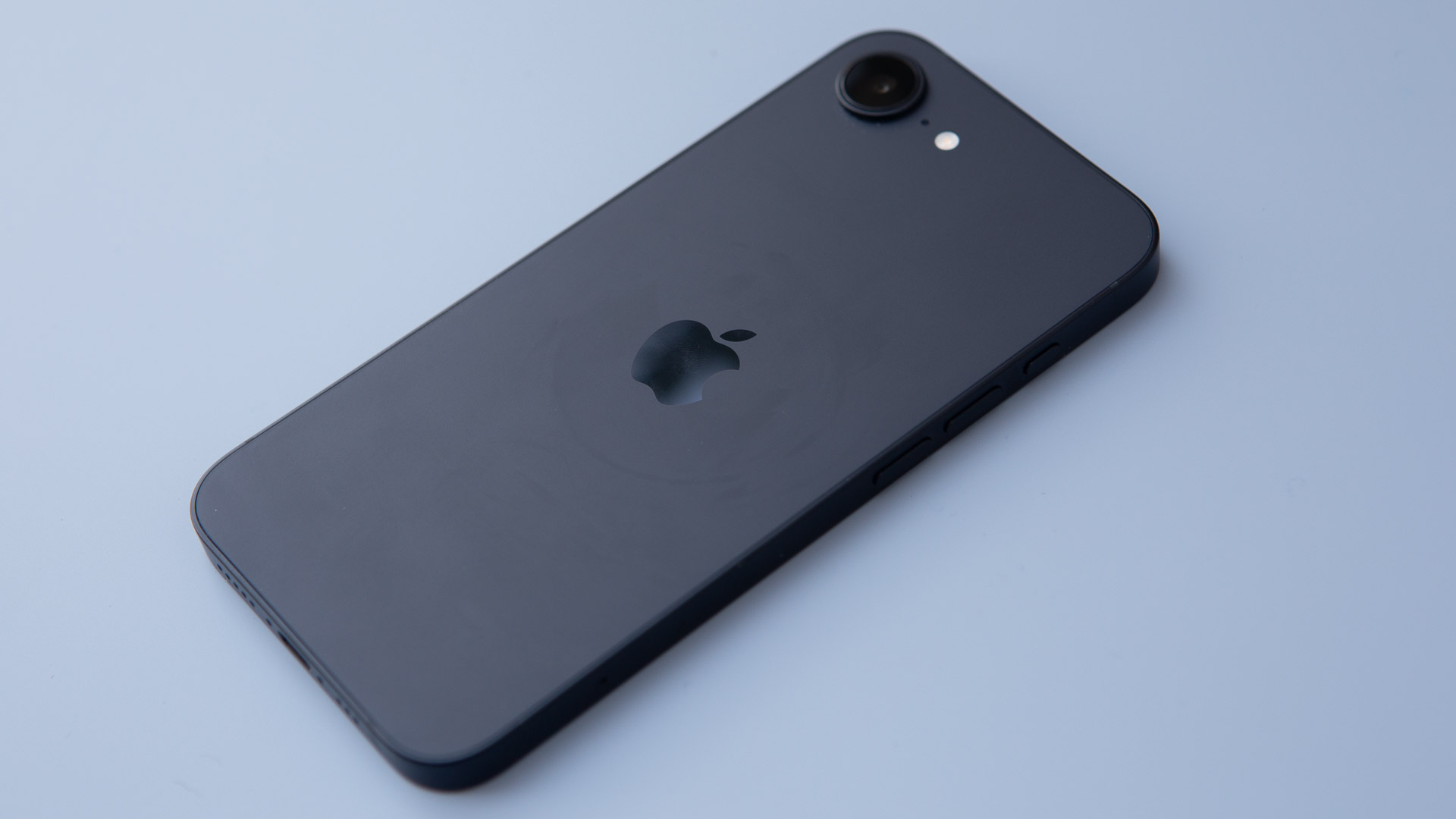 Apple's iPhone just did something it never has before
Apple's iPhone just did something it never has beforeThis is an unprecedented event for the iPhone
By Sam Cross
-
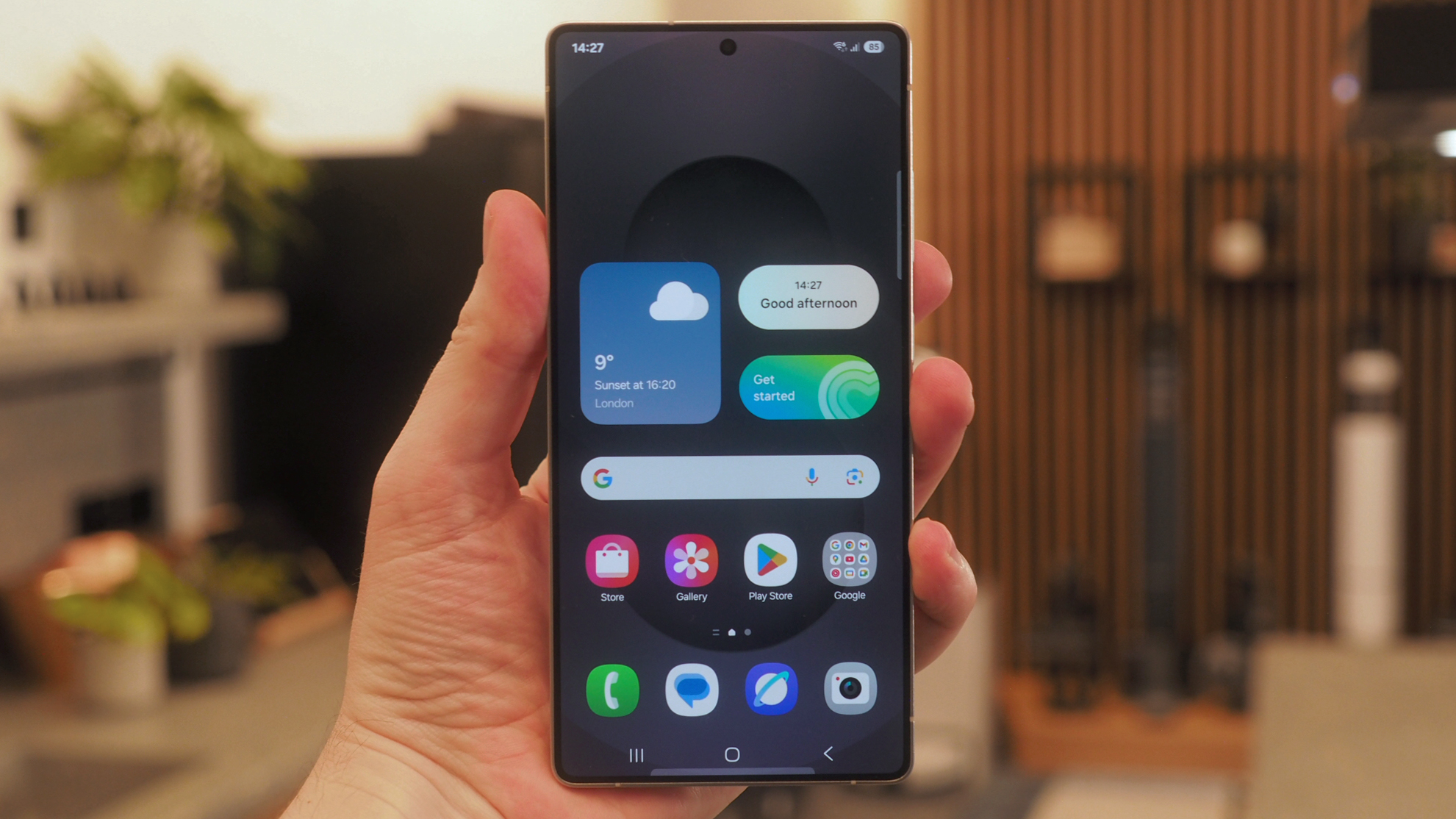 Samsung hits pause on Android 15 rollout, but your phone might be lucky
Samsung hits pause on Android 15 rollout, but your phone might be luckyYour delayed Samsung One UI 7 software update could be delayed some more
By Chris Hall
-
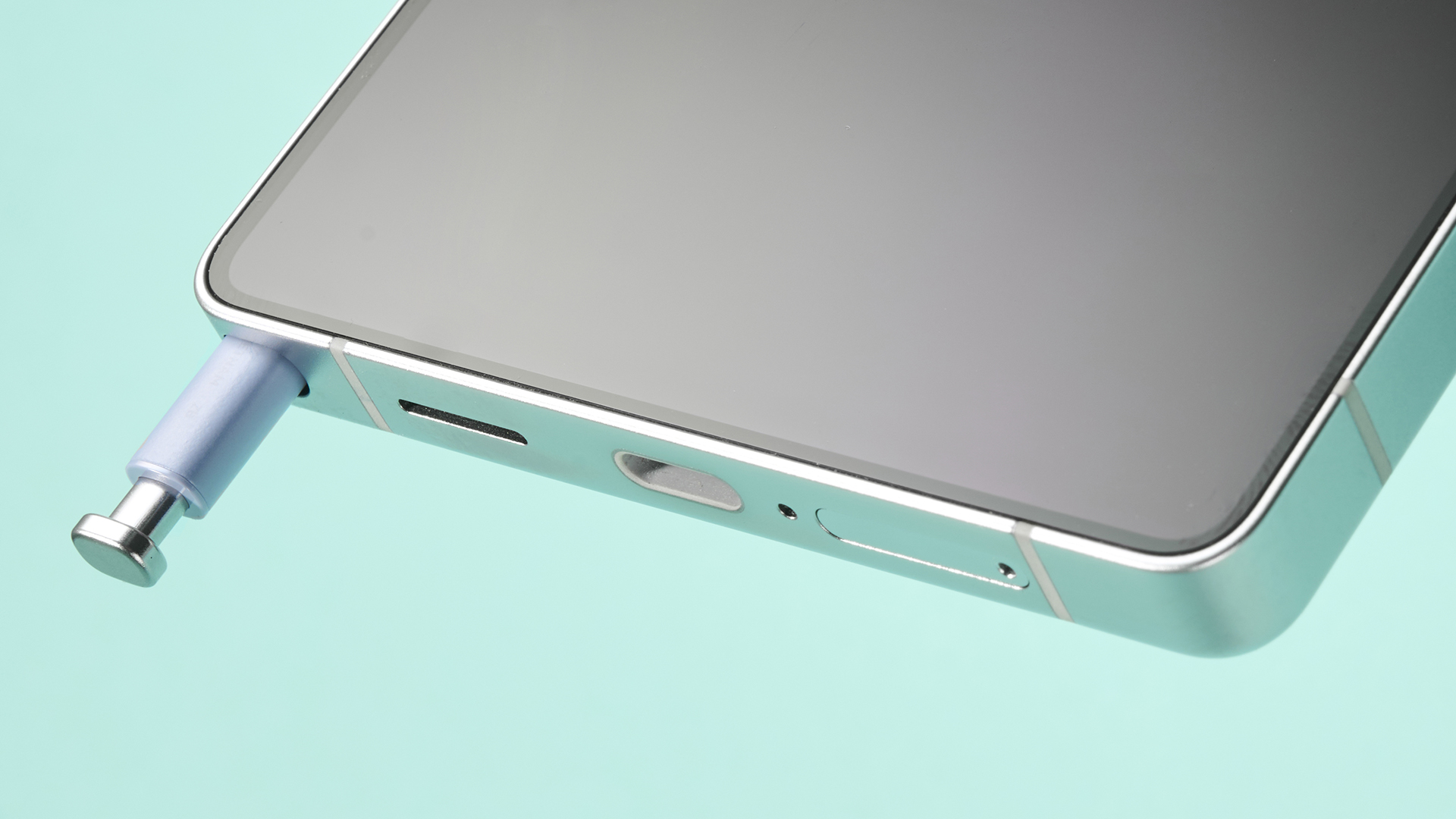 Samsung Galaxy devices could lose a unique feature after all
Samsung Galaxy devices could lose a unique feature after allThat's despite recent claims to the contrary
By Sam Cross
-
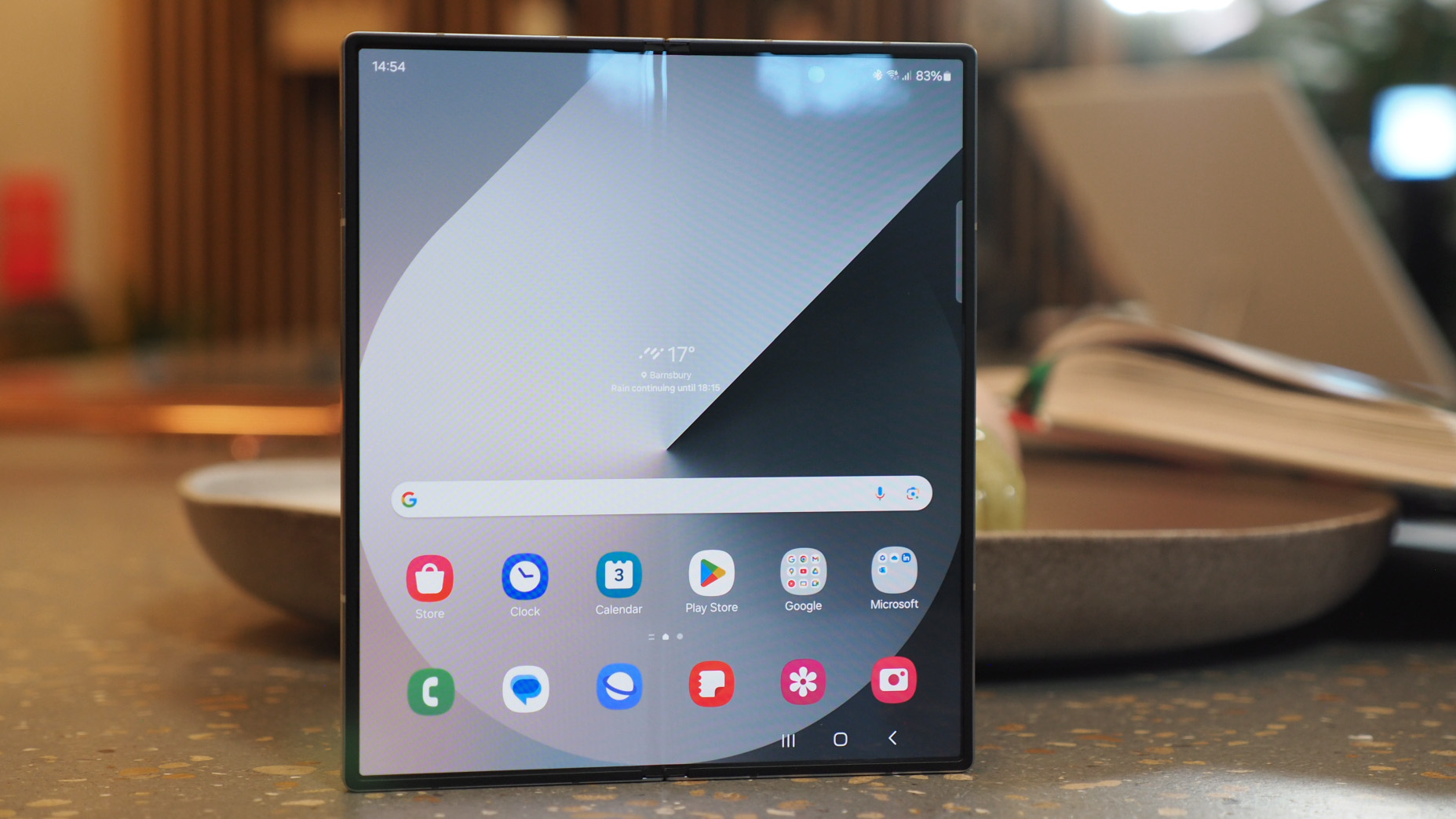 Samsung Galaxy handsets could get a massive free software upgrade as soon as this summer
Samsung Galaxy handsets could get a massive free software upgrade as soon as this summerThat's way sooner than expected
By Sam Cross
-
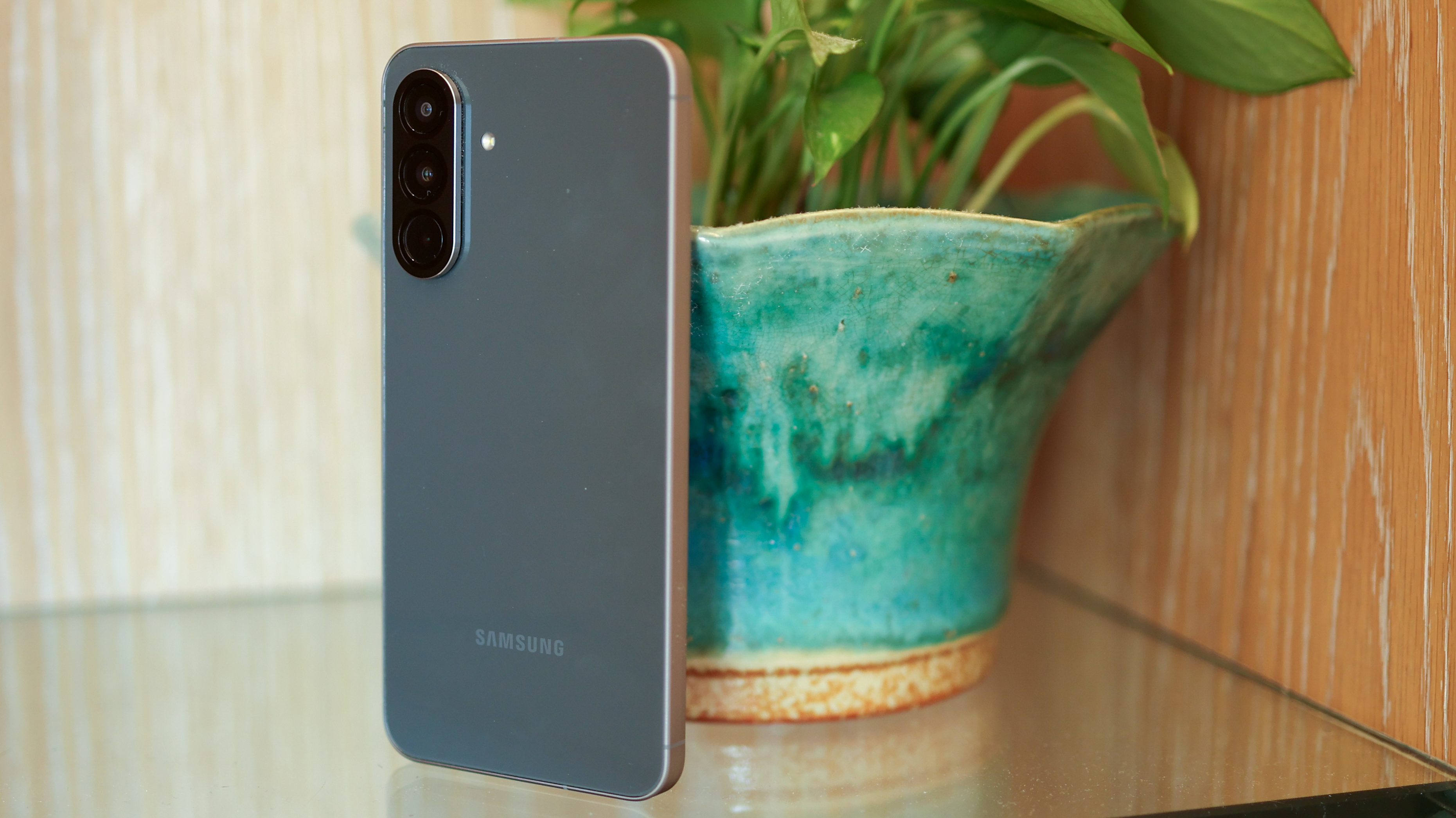 Samsung's affordable phones get Awesome Intelligence upgrade for free
Samsung's affordable phones get Awesome Intelligence upgrade for freeAnd its available to install right now
By Britta O'Boyle
-
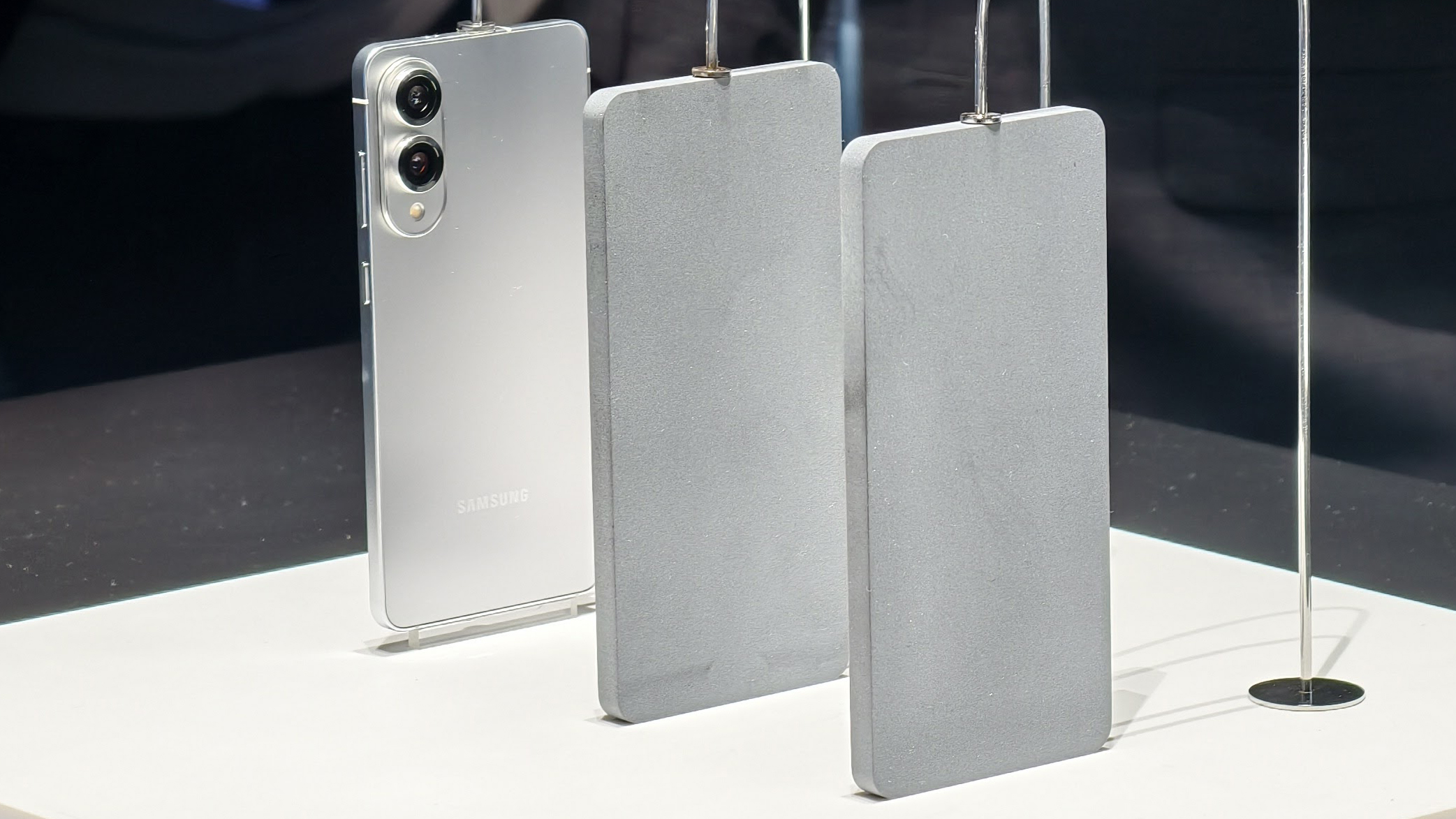 Samsung Galaxy S25 Edge could launch sooner than expected, because of space and time
Samsung Galaxy S25 Edge could launch sooner than expected, because of space and timeYou don't have to be a Doctor to realise why
By Britta O'Boyle
-
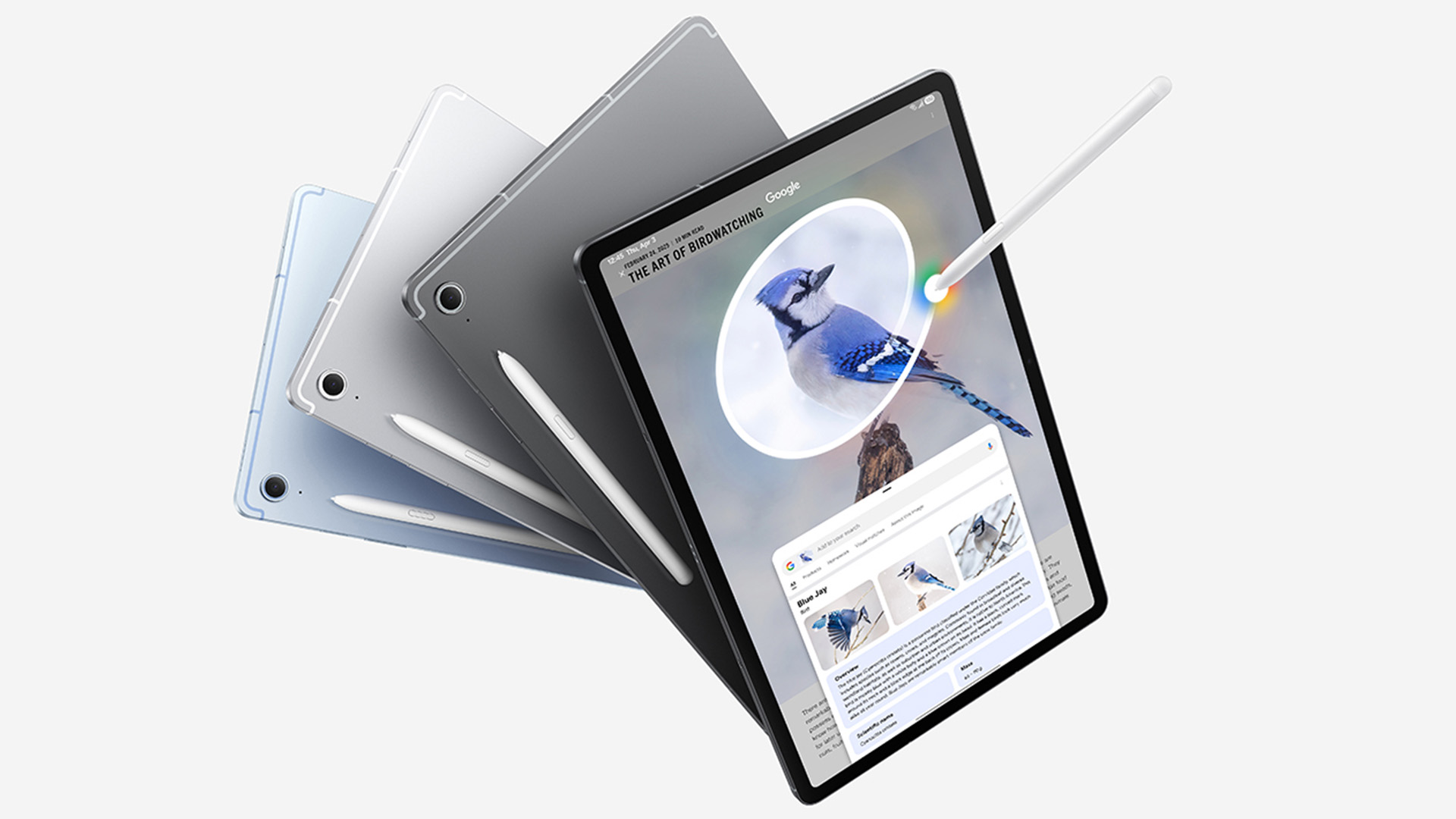 The Galaxy Tab S10 FE might be Samsung's best-value tablet yet
The Galaxy Tab S10 FE might be Samsung's best-value tablet yetA great new semi-premium entrypoint
By Max Freeman-Mills
-
 Samsung's bezel breakthrough could slash the cost of big-screen 8K OLED TVs
Samsung's bezel breakthrough could slash the cost of big-screen 8K OLED TVsMassive TV panels are really hard to make – so why not just tile multiple smaller ones instead?
By Carrie Marshall
